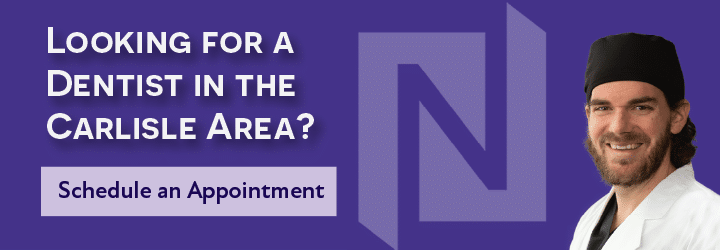
What is Gingivitis?
Gingivitis is one of the most common forms of periodontal (gum) disease. According to the American Academy of Periodontology, nearly 50% of Americans have some form of gum disease. Gingivitis causes irritation, redness, and swelling of your gingiva, which is the part of your gums around the base of your teeth.
Although gingivitis is mild, it’s very possible for it to lead to more concerning forms of gum disease such as periodontitis, a more serious gum disease. If left untreated, it can even lead to a loss of teeth. Gingivitis is most commonly caused by lax oral health habits. The American Dental Association recommends brushing twice a day with fluoride toothpaste and flossing at least once a day. These habits, in addition, to visiting your dentist regularly, have the potential to prevent and even reverse gingivitis.
Symptoms
Your gums are at their healthiest when they are firm, pale pink, and fitted tightly around your teeth. Some of the signs you may have gingivitis include gums that are swollen or puffy, dark red gums, gums that easily bleed when brushing or flossing, bad breath, receding gums, and tender gums. If you notice any of these symptoms, it’s important to see your dentist as soon as possible so they are able to intervene. The sooner changes can be made to prevent gingivitis from progressing, the better.
Causes
As mentioned, your oral habits play a big role in the development of gingivitis. When your teeth aren’t being cleaned properly this creates an environment in your mouth that allows plaque to form on your teeth, causing inflammation of the gum tissues around them. Plaque is an invisible, sticky film that’s made up mostly of bacteria. It forms on your teeth when starches and sugars from the food you eat come into contact with the bacteria that are found naturally in your mouth. If plaque isn’t removed quickly, it can form into tartar which will need to be professionally removed by your dentist. This buildup causes your gums to become inflamed. This then leads to the problems associated with gingivitis like gums that bleed easily and change color.
Although the single biggest factor when it comes to gingivitis is improper oral health care, there are many other factors that can make it more likely that you’ll develop gingivitis. These include:
- Smoking or chewing tobacco
- Advanced age
- Dry mouth
- Poor nutrition
- Dental restorations that don’t fit properly
- Crooked teeth that are difficult to clean
- Conditions that suppress your immune system such as leukemia, HIV/AIDS, or cancer treatment
- Certain drugs
- Hormonal changes, possibly related to pregnancy, menstrual cycle, or birth control
- Genetics
- Medical conditions such as certain viral and fungal infections
Preventing Gingivitis
It bears repeating, but the biggest way to prevent gingivitis and many other dental diseases is through great oral health habits. This first means brushing your teeth for at least two minutes twice daily. The best way to do this is once in the morning and then before going to bed. Of course, it’s also so important to floss at least once a day to remove plaque buildup where your toothbrush cannot reach. To make an even bigger impact on your oral health, brush after every meal. It’s important to floss before you brush so that way loose particles can be removed by your brushing. Seeing your dentist regularly can also catch gingivitis early when it’s still possible to reverse the effects. If you need to schedule a visit, contact our office at Noll Family Dentistry and we’ll help get you on a path towards excellent oral health.



